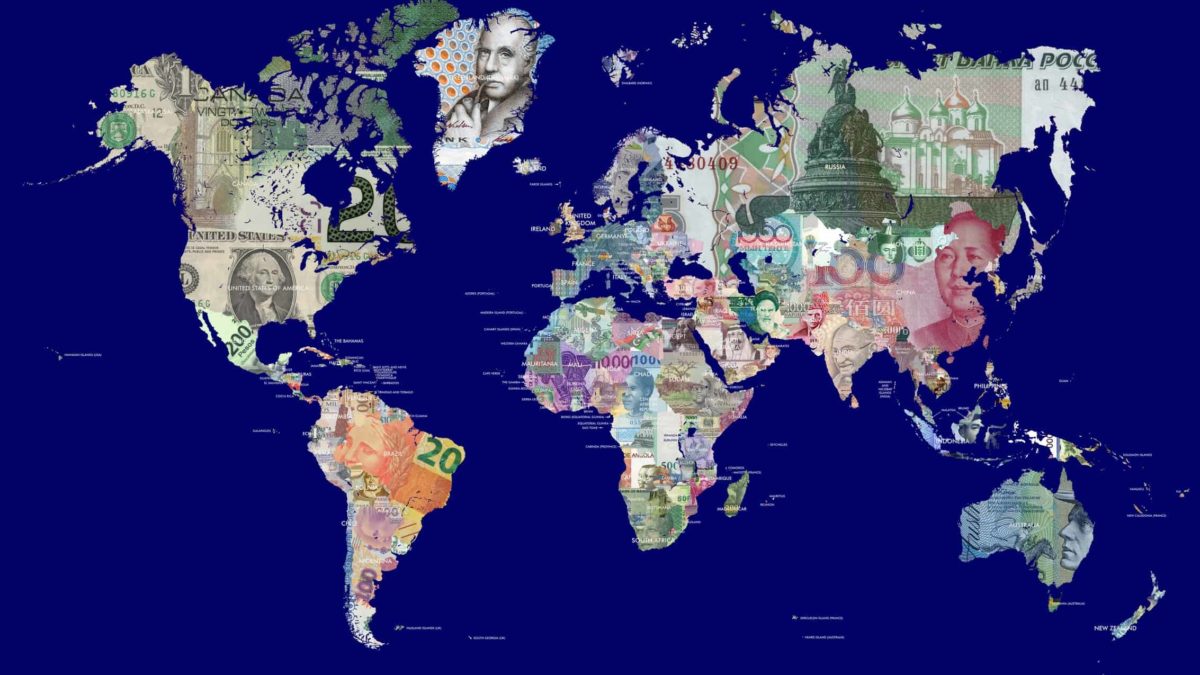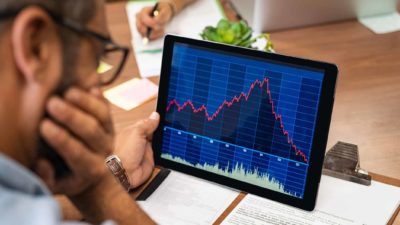Europe and the United States are currently suffering immensely from a second or a third wave of COVID-19.
In many countries, the daily infection numbers are even higher than the first wave, when citizens were perhaps more compliant with restrictions.
As a contrast, the second wave has been much lower in most Asian economies.
Citigroup Inc (NYSE: C) investment specialist, Celestee Tan, said that this has implications for investors.
"The difference in the 'cost of COVID-19' between the West and East is dramatic and visible," she said.
"A centralised, disciplined and enforced government response in large parts of north and east Asia remain in place and effective."
The lower coronavirus infection rates has meant Asian countries have not had to resort to quantitative easing — or 'printing money' — that central banks in the West have turned to.
"While China's general government budget deficit has grown from 4.7% of Gross Domestic Product in 2019 to 5.3% in early 2020, a surge in US deficit spending, from 5% of GDP to 15% in 2020, has been required to achieve economic stability to date."
Other factors boosting Asian shares
As well as the more favourable economic conditions, Tan pointed out the Fortune 500 now has more businesses from China and Hong Kong than the US.
"There were none on the list 30 years ago," she said.
"However, China itself still has 'room to run', as it shifts from an export-driven economy to a domestic consumption-driven one."
Citi analysts are expecting the COVID-ravaged 15% of the global economy will rebound in the short term.
A further boost for Asian — and specifically Chinese — shares would come if this week's US election brings Joe Biden and the Democrats into power.
"In the event that there is a change in the US government in early November, there may be a different and more concessionary Chinese engagement," Tan said.
"Fewer economic restrictions and tariffs could allow China to focus on domestic demand."
Infrastructure investment opportunities abound in Asia, according to Tan — like 5G, city renewal and transport.
"Asian countries are also already playing a major role in climate change with the development and installation of infrastructure that changes how energy is produced and consumed," she said.
"The Asian consumer could also create opportunities across e-commerce and in leisure industries."
The Asia Dow (INDEXDJX: ADOWE) has risen almost 36% since the COVID-19 trough in late March.









